Common for both musicians and perhaps the public-at-large is to remark that music is the universal language. If that is the case, then it communicates poorly! An effective language conveys specific meaning that both parties understand while music plays with emotional/spiritual feelings that in only the rarest instances are shared by all listeners and performers (and composers). Of course, language may be fashioned to focus on its linguistic and musical nature as in poetry, which is a fascinating art in that it conveys literal and additional meanings, but music seems hard-pressed to cross its boundaries (tone poems often miserably attempt to do so). When John Cage said, "I have nothing to say, and I'm saying it," I do not believe that he was trying to blot out the fact that music engages others but that music very rarely (if ever) can say something, something the composer grappled with throughout his long career.
The metaphor does work, however, in some cases. While communication is not as precise as language, feelings come in a way that may exceed language's ability. But the musical information, like in language, is comprehended to the extent that certain patterns are followed. To understand something, I will need pauses to capture everything. I may need context, including an ear attuned to different dialects. I need a way to structure the information I receive. I need patterns. Many composers use small combinations of pitches, rhythms, or other ear-catching devices to create their own "language." Mostly fitting under the term "motif," a small bit of musical information can be comprehended and then expanded on throughout a piece. Popular music may use melodies that hook a listener in, but even more prevalent for comprehension is the underlying groove, which becomes the structural foundation upon which the rest of the music is built. Other music (lots of other music) may defy both of these methods. But just like in language, comprehensibility comes from there being certain principles that guide the listener from the beginning to the end (without being boring because we all have experienced conversations where our interest wanes...). Of course, some music seeks to border incomprehensibility, but the majority of pieces throughout all genres and all time seek to give us a comprehensible message, even if we can't decide on what it is.

